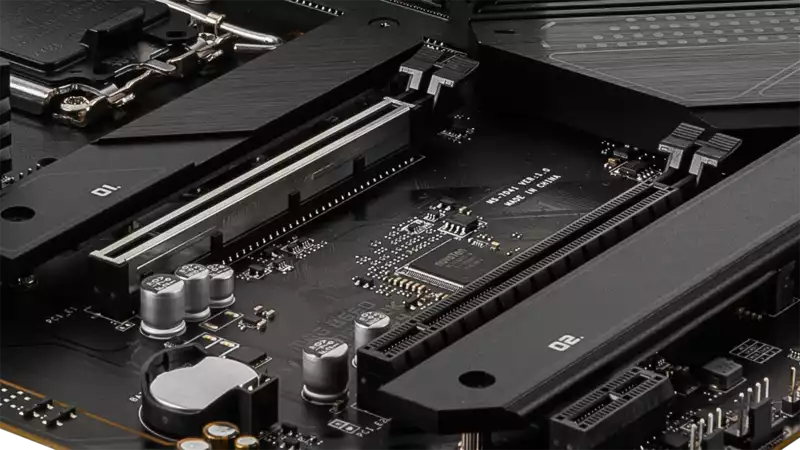PCIe 5.0 devices are still few and far between, but the industry never sleeps; PCIe 6.0 specifications will not be finalized and devices will not be available for at most a year. PCI Express 7.0, however, is on schedule. [PCI-SIG is currently holding its annual developers' conference in California; the organization responsible for writing the PCI Express specification has released version 0.3 draft of the PCIe 7.0 specification. The final specification is expected in 2025, with devices being released as early as around 2027.
PCIe bandwidth doubles with each generation, so PCIe 7.0 will achieve data rates of up to 128 GT/s. This is eight times faster than PCIe 4.0 and four times faster than PCIe 5.0. This means that PCIe 7.0 can achieve bi-directional throughput of up to 512GB/s for x16 connections and 128GB/s for x4 connections Imagine what PCIe 7.0 SSDs could mean.
But don't feel like your rig is suddenly facing obsolescence; PCIe 7.0 is still a few years away from becoming mainstream, and PCIe 7.0 will play a more significant role in the commercial space, at least initially. Bandwidth-hungry data centers and HPC systems are obvious targets for PCIe 7.0 and interfaces derived from PCIe 7.0.
"As for graphics cards, they will not be a problem for the next few years; PCI Express 4.0 x16 connectivity is not a bottleneck for the RTX 4090; PCIe 5.0 and 6.0 cards are at least a year away.PCIe 7.0's increased bandwidth relative to the number of lanes means that more x8 and x4 graphics cards will be available in the future. In fact, even PCIe 7.0 x2 links provide as much bandwidth as PCIe 4.0 x16 links.
It will be interesting to see what PCIe 7.0 means for future SSDs: PCIe 7.0 x4 SSDs capable of transfers beyond 50GB/s sound interesting, but will they be practical for us?
PCIe 5.0 SSDs are still rare and offer headline-grabbing sequential transfer rates, but in the real world, a good PCIe 4.0 SSD is still perfectly practical. It will be interesting to see where SSD technology goes from here. Frankly, I'd like to see M.2 ditched in favor of cable-attached drives.
PCIe 7.0 sounds good on paper, but will almost certainly come with drawbacks. I don't pretend to have the expertise of an electrical engineer, but each generation of PCIe is more complex. This means that motherboard designs will be more complex and more expensive. This is the last thing we want.
We will have to wait a few years before PCIe 7.0 devices hit store shelves, not to mention PCIe 6.0, and PCIe 5.0 is not yet established. But it is nice to get a glimpse of some of the technology we will see in rigs towards the end of the decade.


Comments